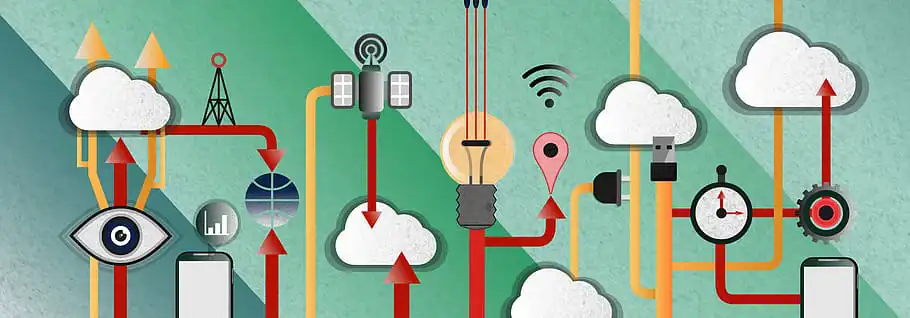The Relevance of Artificial Intelligence
Artificial Intelligence (AI) has dramatically transformed the modern world. Its influence cuts across diverse sectors, including healthcare, finance, manufacturing, and even our personal lives. This technology's rapid growth isn't without its concerns, primarily centering around job security.
Recent research suggests that about two-thirds of Americans believe artificial intelligence can take over their jobs. This figure reflects the growing apprehension about the automated revolution and what it means for human resource needs in various industries.

These fears are not only limited to blue-collar jobs. They also extend to knowledge workers such as analysts, programmers, and researchers. A dive into the research's specifics affirms this assertion, building a robust discourse around AI and its anticipated impact on the job market.
Certainly, understanding this perspective is critical to forecasting future trends, strategizing, and addressing the American workforce's anxieties.
Decoding the Survey and the Anxiety
A deriving inference from the research reveals that Americans are hopeful yet fearful. Although AI promises efficiency and productivity, there's a lurking sense of worry about its impact on job security.
The realization that robots or software could one day perform tasks currently done by humans has sparked significant concern. The valid fear of redundancy and unemployment in the age of automation is palpable amongst the general populace.
Certainly, this anxiety isn't unfounded considering AI's capabilities, and it underscores the clear need for an informed dialogue on upskilling, reskilling, and education reform to prep the workforce for an AI-dominant future.
The fear is not just about potentially being replaced by AI but also about inadequacy compared to AI's capabilities and speed.
AI Adoption in Various Sectors and Its Implications
The widespread adoption and integration of AI in various industries have triggered considerable discussions on what it means for future business operations and job roles.
In manufacturing, AI controls robots performing dangerous or tedious tasks, enhancing safety and productivity. However, this reality reaffirms the fear of blue-collar job losses.
In the financial and legal sectors, AI operates with impressive accuracy and efficiency, leading to predictions of lowered demands for knowledge workers in these fields.
Companies are also incorporating AI into their customer service departments. The mind behind AI, machine learning, is increasingly taking on human-led tasks such as email filtering, scheduling, and complex calculations.
Working Alongside AI - A Future Possibility
While AI potentially supplants entire job roles in industries, there's also the possibility of humans working alongside AI. The ultimate goal here isn't displacement but collaboration. Technology could step in to cover the repetitive aspects of jobs, while humans focus on complex tasks.
Within the healthcare sector, AI is utilized for patient monitoring and assisting with diagnoses. It streamlines administrative tasks, allowing medical professionals to dedicate more time to their patients.
Similarly, AI-powered technology is also reshaping the future of education by providing personalized learning. However, educators will always be needed for fostering crucial social and emotional intelligence in students.
In customer service, chatbots manage routine queries while customer service agents can focus on personalized client interaction. It sets forth an environment characterized by artificial intelligence augmenting human capabilities instead of replacing them.
Preparing for an AI-Dominant Future
The advent of AI continues to redefine boundaries and possibilities within the job market. The consequent concern presents an urgent need to prepare for this future. Adopting lifelong learning, gaining new skills and knowledge, and embracing adaptability is indispensable.
There should be an increased emphasis on learning technical skills relevant to AI operation. Additionally, skills like problem-solving, creative thinking, communication, and emotional intelligence - traits yet unmatched by AI - are also essential.
Workplaces must foster an environment of continuous learning and adopt measures that motivate employees to learn new skills. Organizations can provide training and workshops that encourage adaptation to technological changes.
Addressing these concerns now will ensure a future where humans and AI collaborate rather than compete, thereby securing the workforce and leveraging AI to the world's advantage.